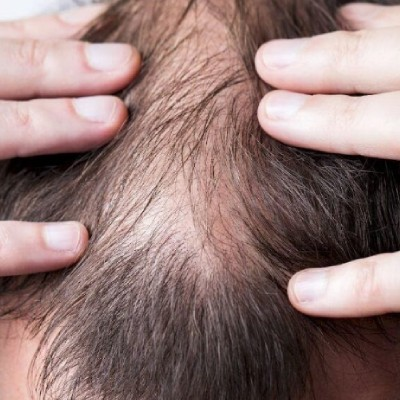














Hair loss problems affect men more than women because of their increased sensitivity to DHT, the hor...

Hair loss problems do not only affect the appearance of a person but also have a mental impact. Whil...

Pilates is a physical fitness system which improves flexibility, posture, core strength, coordinatio...
Subscribe to our email newsletter for helpful tips and valuable resourses
Join forces with Advanced Hair Studio! Explore exciting collaboration opportunities tailored for influencers. Let's redefine haircare together.
Connect now
